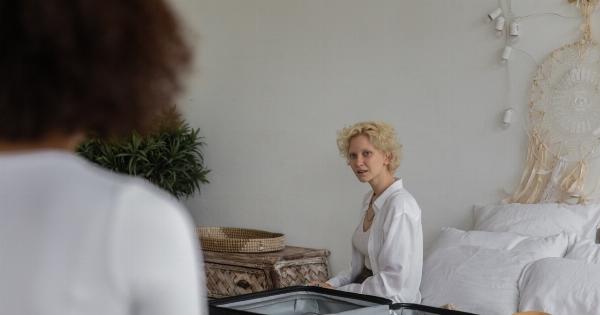Recently, there has been growing concern about the effects of blue light on our health.
Blue light is a type of light with a short wavelength that can be found in natural sunlight, as well as in most electronic devices, like phones, tablets, and computers.
Many people are worried that exposure to blue light could cause health problems, ranging from eye strain to sleep disruption to more serious issues like macular degeneration.
So, how worried should we be about blue light? Let’s take a closer look at the research.
What is Blue Light?
Blue light is a type of visible light that has a short wavelength and high energy. It is found in natural sunlight and is also emitted by most electronic devices, including LED lights, smartphones, and tablets.
Blue light is not all bad. In fact, exposure to some blue light during the day can actually have beneficial effects on our health. For example, blue light can help regulate our circadian rhythms, which play an important role in our sleep-wake cycle.
The Effects of Blue Light on Our Health
While exposure to some blue light during the day can be helpful, exposure to too much blue light, especially at nighttime, can have negative effects on our health. Here are some of the potential health problems associated with blue light:.
1. Eye Strain
One of the most common effects of blue light is eye strain. When we stare at electronic screens for too long, our eyes have to work harder to focus, leading to discomfort, headaches, and fatigue.
2. Sleep Disruption
Another potential effect of blue light is sleep disruption. Exposure to blue light, especially at night, can disrupt our circadian rhythms, making it harder to fall asleep and stay asleep.
3. Macular Degeneration
Some studies have suggested that exposure to blue light could increase the risk of macular degeneration, a leading cause of blindness. However, more research is needed to confirm this association.
How to Protect Yourself from Blue Light
Fortunately, there are several steps you can take to protect yourself from the negative effects of blue light:.
1. Use Blue Light Filters
Many electronic devices now come with blue light filters that can reduce the amount of blue light emitted by the screen. There are also special glasses and screen protectors that can filter out blue light.
2. Limit Screen Time
Another way to reduce your exposure to blue light is to limit your screen time. Try to take frequent breaks from electronic devices and avoid using them in bed at night.
3. Use Warm Lighting
Using warm lighting, like yellow or red light, can also help reduce your exposure to blue light. This is especially important at night when your body is preparing for sleep.
The Bottom Line
While blue light can have both positive and negative effects on our health, it’s important to take steps to protect yourself from overexposure.
By using blue light filters, limiting screen time, and using warm lighting, you can reduce your risk of eye strain, sleep disruption, and other potential health problems associated with blue light.






























